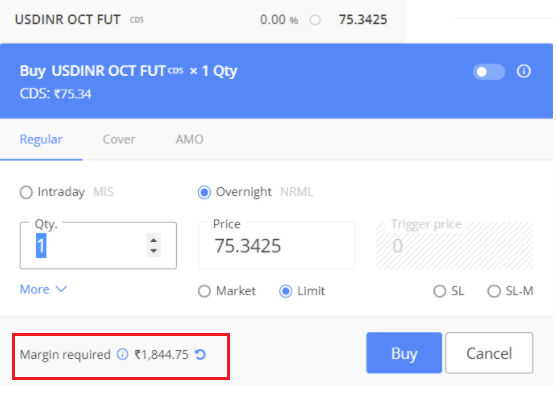So make sure you know the investor will support you and not leave you on read once the docs are signed!
As the DeFi bull market continues, some brutally honest tips for new founders fundraising in crypto.
👇
Equity/ownership is a force. Getting it in the hands of the right people generously will drive alignment and execution.
— Joey Santoro (@Joey__Santoro) January 21, 2021
It is a joyful and serious responsibility \U0001f332
So make sure you know the investor will support you and not leave you on read once the docs are signed!
You wouldn't hire someone just because they are influencers on Twitter- you do your reference checks and find evidence of value add from other companies the investor has invested in.
Many investors will promise you the world when they're trying to get on your cap table.
Talk to founders they backed to see how much of it is bullshit. Ask them about how the investor was there for them during hard times.
Sure, it's great validation, but optimize for fit, not vanity.
However, I do think many well-known VCs are good actors, especially those with roots in successful trad VCs. They have a rep for a reason!
e.g. if you're raising a $500K round and you approach a $500M fund and offer them $250K, do you expect the fund to be economically incentivized to spare much resources on you?
Size correctly, but *don't* give away too much.
They reckon - hey, if everything is trading at $100M+ and you're raising at $10M, that's an easy 10x for me.
e.g. They get in at $10M val but locked for 2 years, market trades at $100M, so they flip it for $60M.
You should also rely on your other investors to find out who these funds are, and encourage your peers to blacklist them from all future raises. Help clean up the space.
So check to see what the fund mandate of your investor is!
However - a massive caveat here...
In fact, liquid funds can often do things that VC fund structures typically don't allow, esp in DeFi - e.g. providing liquidity on your platform on day 1.
But for every bad actor there is an investor who stakes their reputation, career, and personal capital to push the space forward.
If raising a venture round, remember that the relationship *begins* at the finalization of the docs.
Investor update calls are not sales pitches - it doesn't have to all be rosy. We're already sold on the vision. Now we want to know what you're struggling with, so we can help.
Ask yourself what you need from investors besides capital, and verify whether they have done this, then hold them accountable.
More from Finance
You May Also Like
MDZS is laden with buddhist references. As a South Asian person, and history buff, it is so interesting to see how Buddhism, which originated from India, migrated, flourished & changed in the context of China. Here's some research (🙏🏼 @starkjeon for CN insight + citations)
1. LWJ’s sword Bichen ‘is likely an abbreviation for the term 躲避红尘 (duǒ bì hóng chén), which can be translated as such: 躲避: shunning or hiding away from 红尘 (worldly affairs; which is a buddhist teaching.) (https://t.co/zF65W3roJe) (abbrev. TWX)
2. Sandu (三 毒), Jiang Cheng’s sword, refers to the three poisons (triviṣa) in Buddhism; desire (kāma-taṇhā), delusion (bhava-taṇhā) and hatred (vibhava-taṇhā).
These 3 poisons represent the roots of craving (tanha) and are the cause of Dukkha (suffering, pain) and thus result in rebirth.
Interesting that MXTX used this name for one of the characters who suffers, arguably, the worst of these three emotions.
3. The Qian kun purse “乾坤袋 (qián kūn dài) – can be called “Heaven and Earth” Pouch. In Buddhism, Maitreya (मैत्रेय) owns this to store items. It was believed that there was a mythical space inside the bag that could absorb the world.” (TWX)
1. LWJ’s sword Bichen ‘is likely an abbreviation for the term 躲避红尘 (duǒ bì hóng chén), which can be translated as such: 躲避: shunning or hiding away from 红尘 (worldly affairs; which is a buddhist teaching.) (https://t.co/zF65W3roJe) (abbrev. TWX)
2. Sandu (三 毒), Jiang Cheng’s sword, refers to the three poisons (triviṣa) in Buddhism; desire (kāma-taṇhā), delusion (bhava-taṇhā) and hatred (vibhava-taṇhā).
These 3 poisons represent the roots of craving (tanha) and are the cause of Dukkha (suffering, pain) and thus result in rebirth.
Interesting that MXTX used this name for one of the characters who suffers, arguably, the worst of these three emotions.
3. The Qian kun purse “乾坤袋 (qián kūn dài) – can be called “Heaven and Earth” Pouch. In Buddhism, Maitreya (मैत्रेय) owns this to store items. It was believed that there was a mythical space inside the bag that could absorb the world.” (TWX)



























